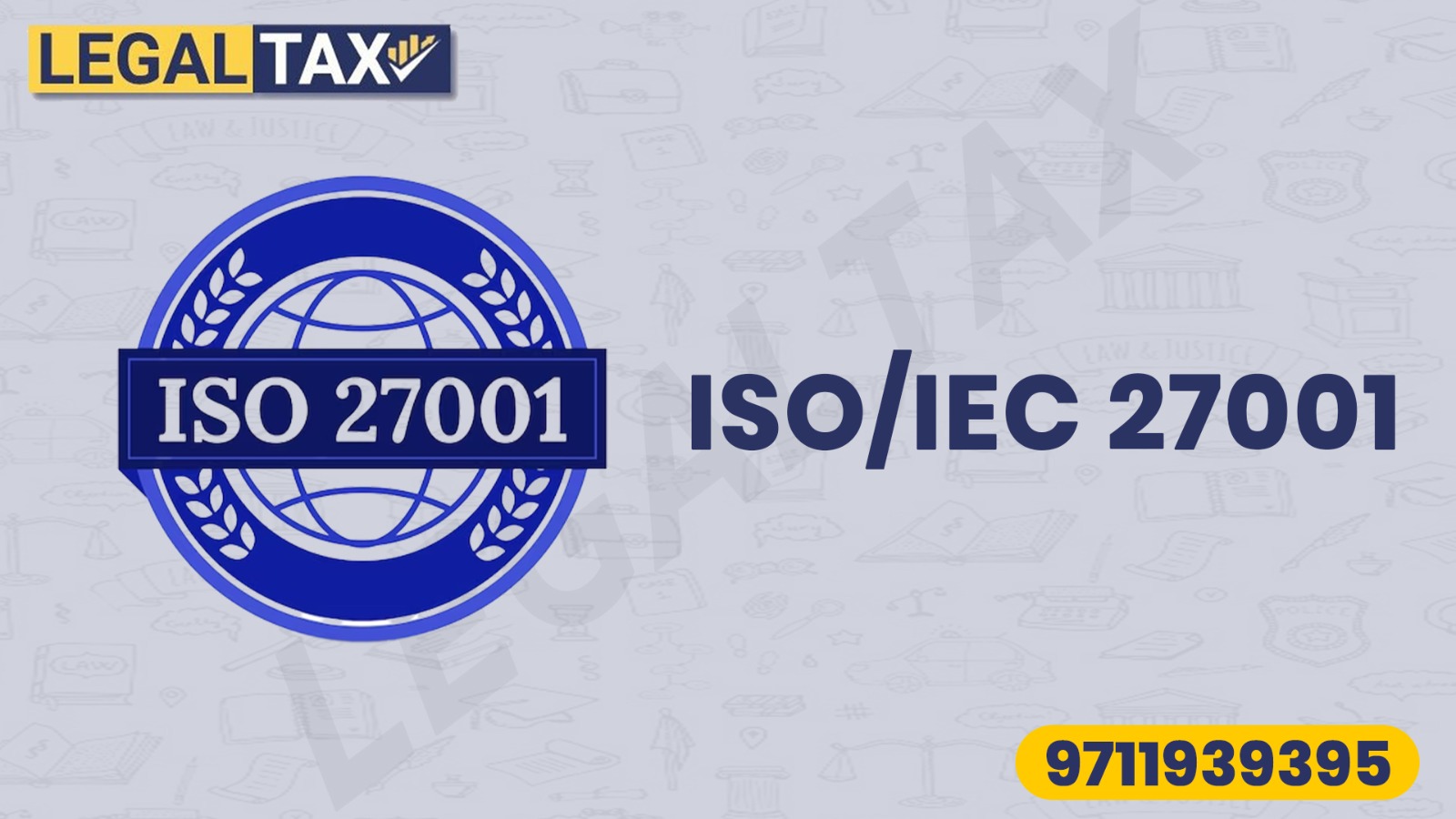ISO/IEC 27001 is a globally recognized standard for information security management systems (ISMS). It provides a framework for organizations to establish, implement, maintain, and continually improve their ISMS. The standard is based on a set of controls and best practices that help organizations to manage and protect their information assets, including data, systems, and networks.
ISO/IEC 27001 is closely related to other information security standards, including:
- ISO/IEC 27002: This standard provides a code of practice for information security management and complements ISO/IEC 27001 by providing guidance on the implementation of specific controls and best practices.
- ISO/IEC 27003: This standard provides guidelines for the implementation of an ISMS based on ISO/IEC 27001.
- ISO/IEC 27004: This standard provides guidance on the measurement of information security management systems through the use of metrics and measurement techniques.
- ISO/IEC 27005: This standard provides guidelines for the implementation of risk management in information security based on ISO/IEC 27001.
- ISO/IEC 27006: This standard provides requirements and guidance for certification bodies that provide audit and certification services for ISMS based on ISO/IEC 27001.
Together, these standards form a comprehensive framework for managing and protecting information assets and ensuring the confidentiality, integrity, and availability of information. Organizations that implement these standards can improve their information security posture, reduce the risk of security breaches, and enhance customer confidence and trust.
ISO/IEC 27001 is important for any organization that handles sensitive or confidential information, whether it is customer data, financial information, or intellectual property. It is especially important for organizations in industries such as finance, healthcare, and technology, where the confidentiality, integrity, and availability of information are critical to the organization’s success and reputation.
ISO/IEC 27001 is important for several reasons:
- Risk management: The standard provides a framework for identifying, assessing, and managing information security risks. By implementing ISO/IEC 27001, organizations can identify potential threats to their information assets and implement measures to mitigate those risks.
- Legal and regulatory compliance: Compliance with 27001 can help organizations comply with legal and regulatory requirements related to information security, such as the EU General Data Protection Regulation (GDPR).
- Customer and stakeholder trust: This certification can demonstrate an organization’s commitment to information security and provide assurance to customers and stakeholders that their information is being handled securely and responsibly.
- Competitive advantage: ISO/IEC 27001 certification can provide a competitive advantage by demonstrating an organization’s commitment to information security and setting it apart from competitors who do not have the certification.
- Continuous improvement: The standard requires organizations to continually improve their information security management system, which helps to ensure that information security measures are effective and up to date.
In summary, ISO/IEC 27001 is important for organizations that handle sensitive or confidential information, as it provides a framework for managing information security risks, complying with legal and regulatory requirements, building customer and stakeholder trust, gaining a competitive advantage, and continually improving information security practices.

